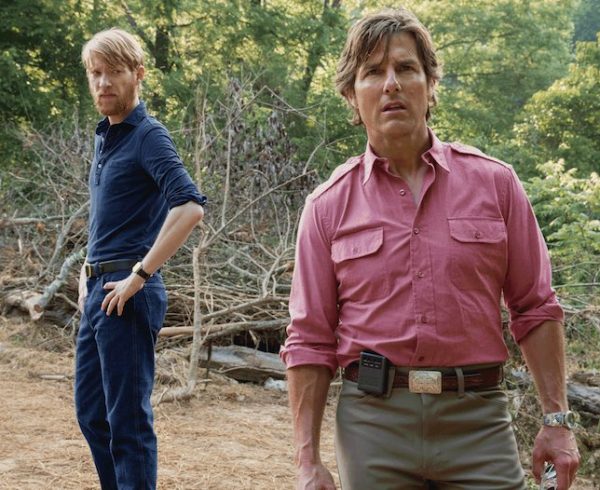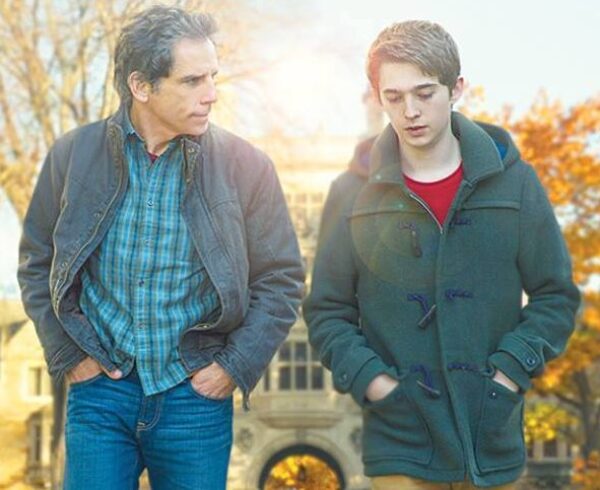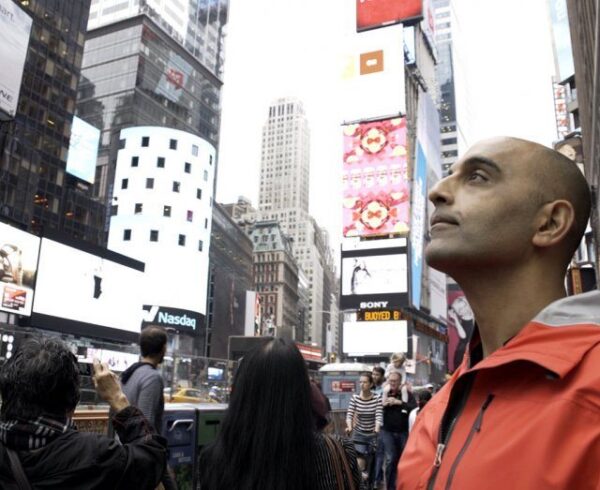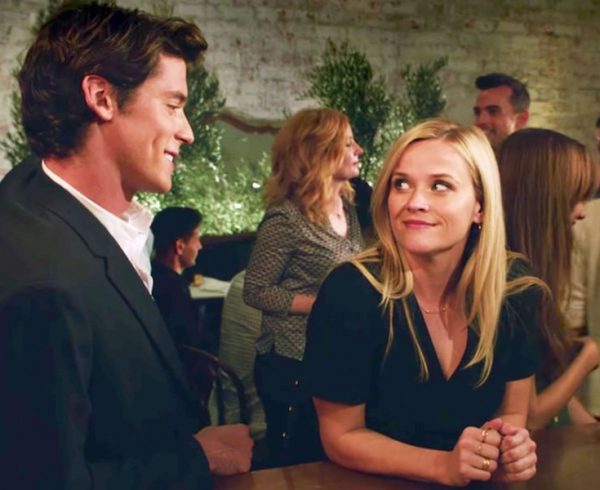Pirates of the Caribbean: Dead Men Tell No Tales
The Caribbean Sea, 17th Century. After a failed attempt to rob a bank, rickety pirate Jack Sparrow is visited by young Henry Turner, son of his old companions, Will and Elizabeth. The boy needs Sparrow to recover the mythical trident of Poseidon, which has the power to break all sea curses, including the one holding his father on the Flying Dutchmen ghost ship. Also searching for the magical item, unfortunately for them, is the fierce spectre Salazar, former official of the Spanish armada, who has some unfinished business with Jack Sparrow. They will be aided in their venture by the beautiful scientist Carina Smyth and Captain Barbossa, who has now become a dandy softened by too many riches, but who, like everyone, cannot wait to go back to sea.
Being worse than the best chapters of the saga yet still better than the worst ones, this fifth Pirates of the Caribbean installment keeps the course at full sailing speed with no indication of wanting to dock at any port. It seems centuries have passed since the pirate genre was “cursed” at the box office.
Disney’s resources and the flair of producer Jerry Bruckheimer proved that negative tradition wrong back in 2003 and Jack Sparrow, portrayed by Johnny Depp, (despite the desperate ambiguity of the character, or perhaps exactly for that reason) entered the collective imagination for better or worse with the same iconic power of an Indiana Jones or an Harry Potter.
The formula still works, the actors are in great shape, the box office responded positively. In this, undoubtedly, must be registered a change in the viewers who by now – as they have turned into regular consumers of endless TV shows – grant a more lasting success to those same characters, willingly following them after long hiatuses and (apparently) growing attached to them despite the actual quality of each movie.
What once in Hollywood began in glory, ended in trilogy. Today, however, we easily get to chapter six, seven, eight, etc. without any signs of fatigue from either the creators or the audiences. There’s still fun to be had, of course, as long as we accept another go on the ride (it is no coincidence that the saga in question was born from a Disneyland attraction).
The movie is very amusing during its first hour, with quite inventive visual gags and crackling dialogue. As it progresses, a bit of fatigue comes in, but the amazement is never lacking and the fact that many among the characters are willing to face the challenge (chock-full of dangers as always) not for a treasure, but to recover a lost family bond is – from a narrative standpoint – a step forward.
This may be a trite narrative device, but nonetheless serves to mitigate the grotesque and often nonsensical humor of Jack Sparrow and his crew which in the long run, without a bit of heart, can come off as sickly.
There’s no shortage of clichés: for instance, there’s not one character wearing a uniform or having an institutional role (including two stereotyped priest figures) who does not show zero intelligence. And the screenplay (a bit mischievously) puts the younger protagonists in the obligation to choose between rationalism, embodied by Carina the positivist (and proto-feminist) scientist, and the esotericism young Henry is so expert in. It’s a map leading to dangerous waters.
Problematic elements for the viewer: scenes of violence, within the limits of the genre, potentially unsettling for the younger audience.
This review originally appeared at Mercatornet.com, and is reprinted by permission.












